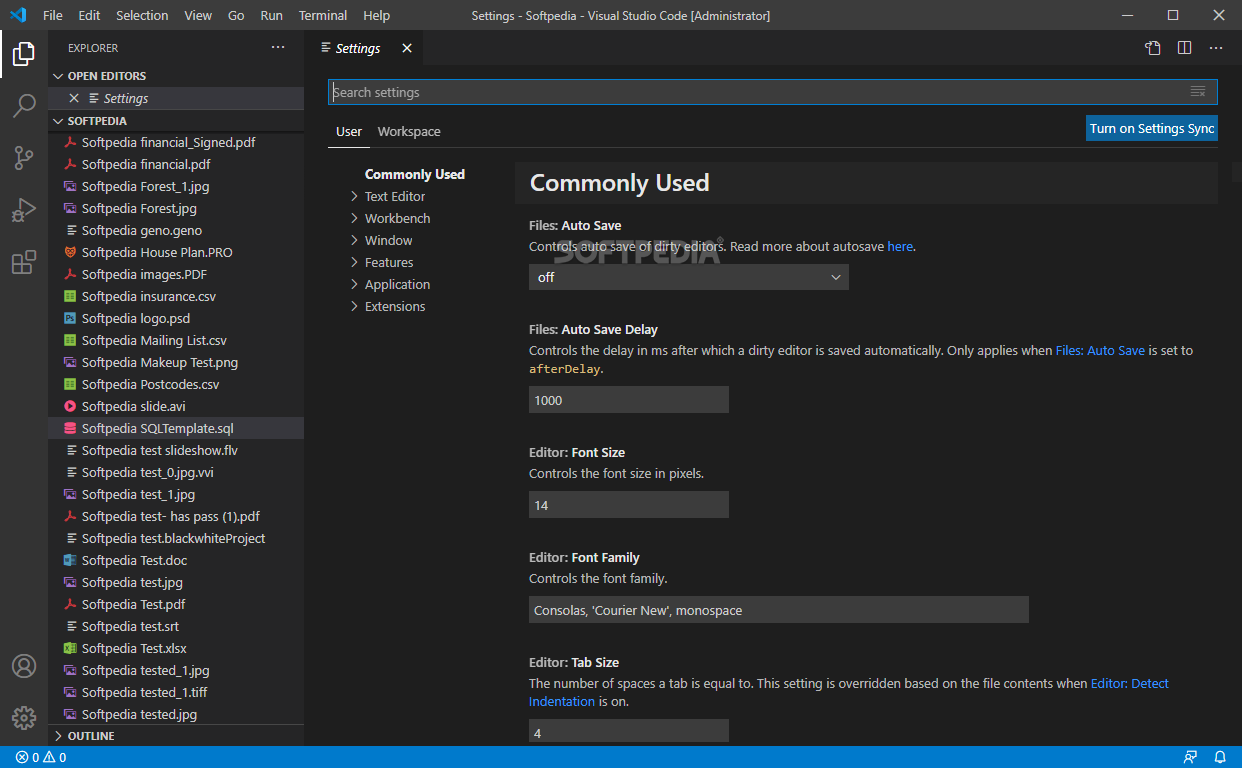

Eclipse has a wonderful user interface with drag and drop facility for UI designing.We can extend the functionality of Eclipse IDE by adding plugins to the IDE, maybe for additional programming language or version control system or UML.Almost everything in Eclipse is a plugin.Features Of Eclipse IDEĮnlisted below are the features of Eclipse IDE: In this tutorial, we will explore the features of the Eclipse IDE with respect to C/C++ development (Eclipse CDT) and also discuss all the steps to setup eclipse on our computer to begin development.


However build is based on Makefiles (or Ant if you set it up this way) there is no compilation on the fly like Java. Read the CDT FAQ: yes you can tell it not to build the whole tree when you save a file. For C++ it is still quite crude, but workable. Eclipse is the new Emacs… (too bad it isn’t written in Lisp).įor Java Eclipse is outstanding. I really like the Eclipse idea of learning just one tool and reusing it for different programming environments, as well as being able to extend Eclipse for my own needs. Knowing Eclipse very well, I decided to give CDT a serious try and use only CDT for all my C++ development for a month, and I found it is good enough for my needs. I guess it is OK if you have the time to learn how to use it. I tried KDevelop which looks like a powerful tool, but I found it complicated and confusing. It is also buggy and lacks fundamental things such as CVS or SVN integration. It looks like it is designed for people who learn how to program: very easy to use for simple things but limited to that. I first tried to write my C++ code with VS.NET 20 on Windows and then build it on Linux, but I couldn’t bare it. I work for a big software house which is a UNIX and Linux shop all the code we write runs on *nix. I use Eclipse every day for Java and C++ development on Linux.


 0 kommentar(er)
0 kommentar(er)
